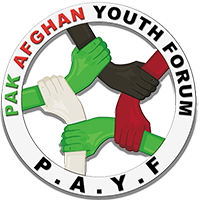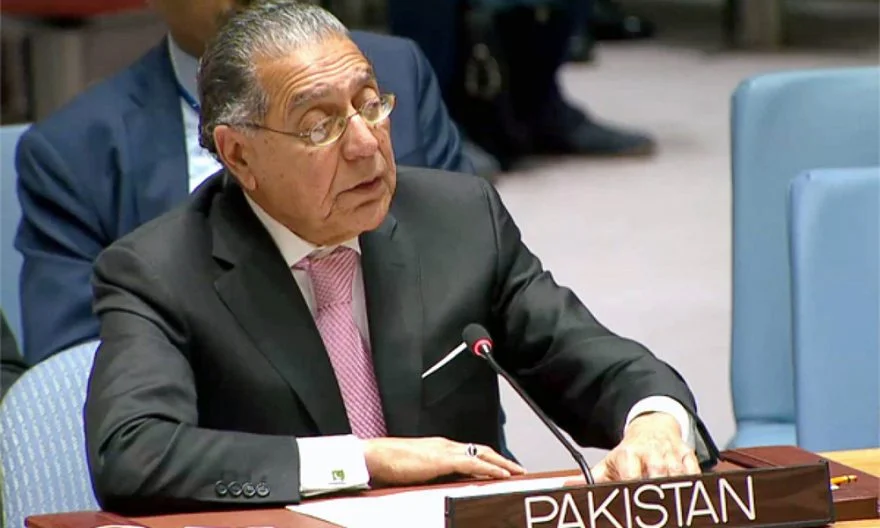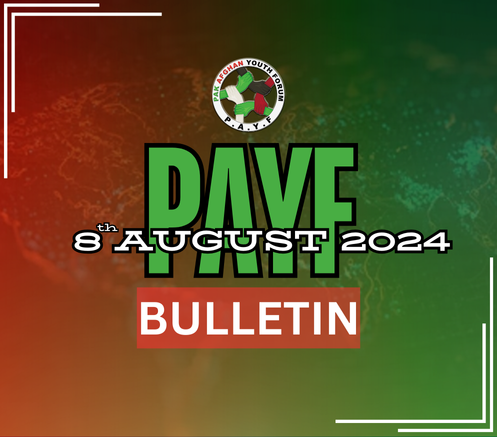Pakistan’s Permanent Representative to the United Nations, Munir Akram, announced that he discussed Afghanistan’s future and regional peace with UN Secretary-General Antonio Guterres and representatives from 10 elected members of the Security Council.
On Thursday, January 30, Akram wrote on social media: “We had a constructive dialogue on various topics, including “maintaining peace and Afghanistan’s future.”
“I hosted the UN Secretary-General and representatives of 10 elected members of the Security Council for a working lunch. We had a constructive discussion on various issues, including peace and the future of Afghanistan,” he stated.
Also See: Afghan Refugee Resettlement Programme: Pakistan optimistic for Restoration
These talks come amid Pakistan’s repeated allegations that fighters from the Tehrik-i-Taliban Pakistan (TTP) have found refuge in Afghanistan. Pakistan has long accused the IEA of providing shelter, support, and weapons to TTP fighters, although the IEA denies these claims.
In response to an increase in attacks within Pakistan, the Pakistani military launched airstrikes on TTP centers in the Bermal district of Paktika province on December 24. IEA spokesperson Zabihullah Mujahid confirmed the attacks, stating that at least 46 people had been killed.
According to reports, several members of the TTP, along with their families, have been relocating in various parts of Kandahar, including areas such as Karezgi, Kata Sang, Tanawcha, Qasim Kili, and Sorkh Bid, which are over 100 kilometers from the Pakistan border.
The situation in Afghanistan remains a matter of regional concern, with growing tensions between Pakistan and the IEA over the presence of TTP fighters in Afghanistan’s territory. The international community’s role in peacekeeping remains vital as Afghanistan’s instability impacts neighboring countries.
The UN and its member states continue to monitor Afghanistan’s security landscape, seeking ways to promote peace while addressing the issue of cross-border insurgencies. The delicate balance of diplomacy and military intervention will play a significant role in shaping the region’s future.
As talks between Pakistan and the UN unfold, the continued refugee crisis and the mounting security challenges in Afghanistan underscore the urgency of addressing not only political stability but also humanitarian needs in the region.
This news is sourced from [Khaama Press News Agency] and is for informational purposes only.



